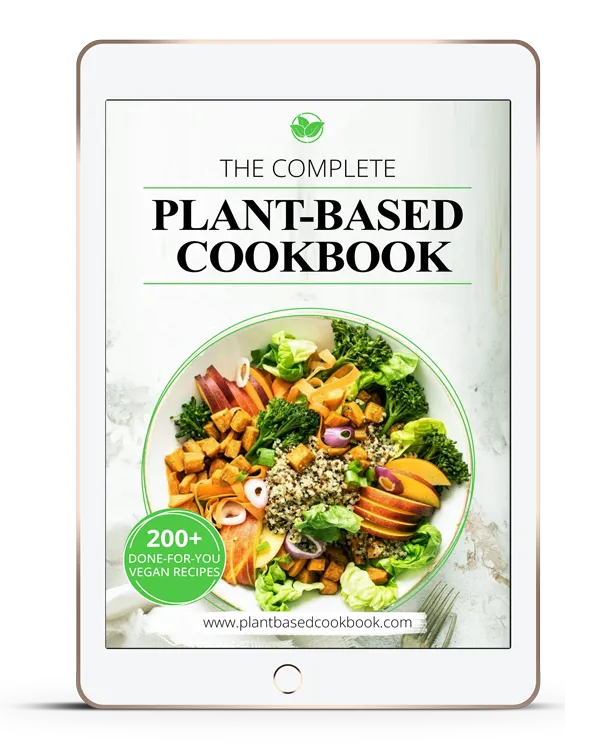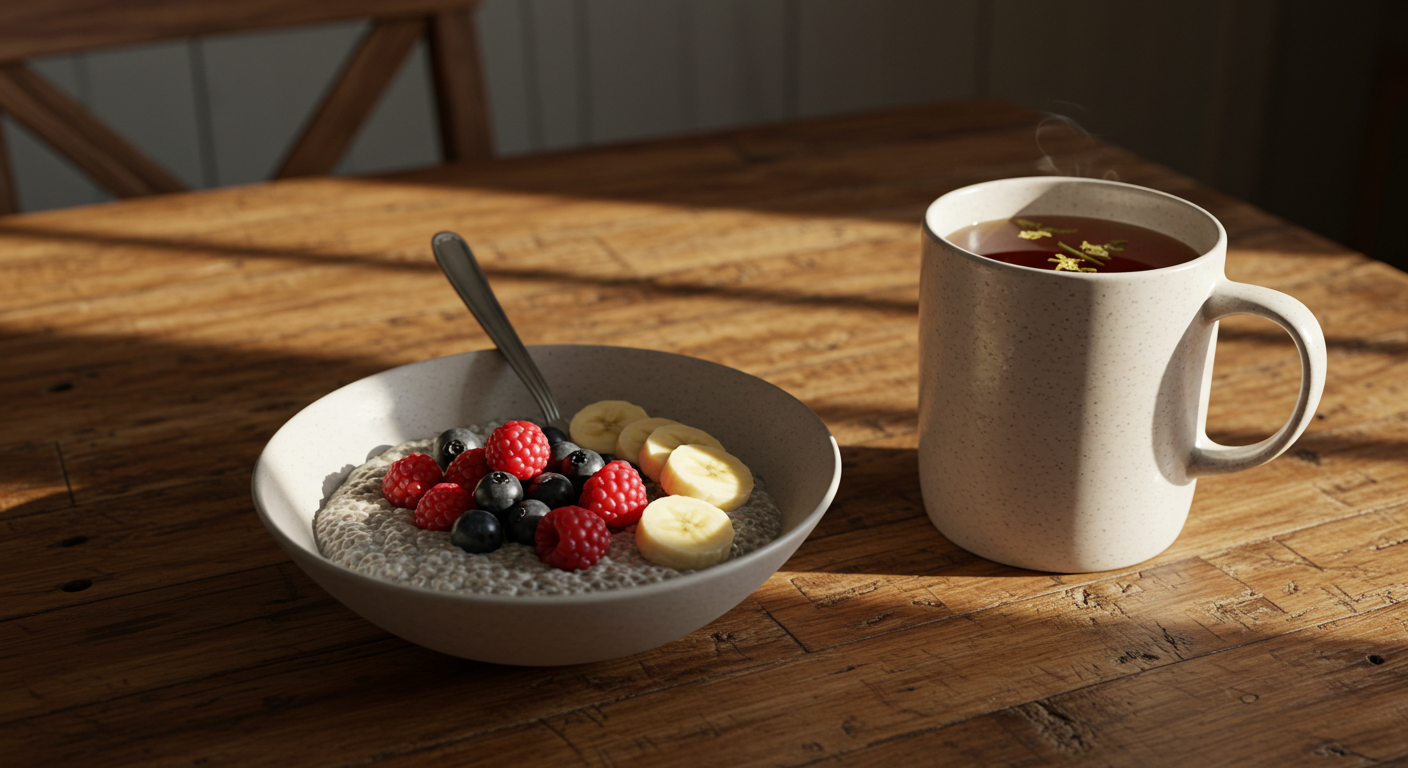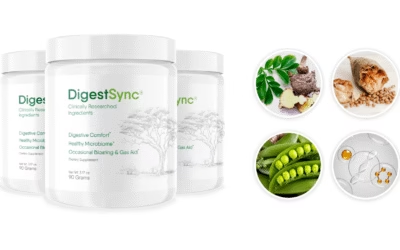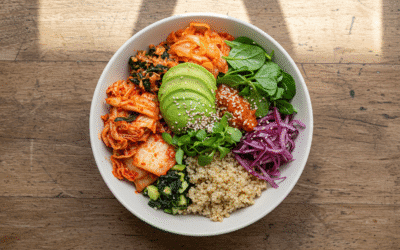If your stomach feels out of sync, your energy is low, or your digestion seems sluggish, it might be time to give your gut some love. The good news? You don’t need a complicated routine or a shelf full of supplements to get started. Gut health for beginners can be as simple as making a few daily changes — and those changes can have a surprisingly big impact on your well-being.
Start your day with fiber-rich foods
One of the easiest ways to support gut health is to add more fiber to your breakfast. Think oats, chia seeds, flaxseed, or berries. These help feed the good bacteria in your gut, promoting a more balanced microbiome. If you’re not used to a lot of fiber, start slow — your gut will thank you.
Hydrate like it matters — because it does
Water plays a key role in digestion, helping to move things along smoothly. Aim for at least eight glasses a day, and consider starting your morning with warm lemon water to gently wake up your system.
Incorporate fermented foods into your routine
Fermented foods like yogurt, kefir, kimchi, sauerkraut, and miso are rich in probiotics — live bacteria that support your gut health. If you’re just beginning, try adding a spoonful of sauerkraut to your lunch or switching to a probiotic-rich yogurt for your snack.
Chew your food thoroughly and eat mindfully
Digestion begins in the mouth. Taking time to chew properly helps your body process food more efficiently, reducing bloating and discomfort. Slowing down also helps you tune into fullness cues, which can lead to better overall digestion.
Move your body regularly
Gentle movement like walking, yoga, or stretching can improve digestion and support a healthy gut. You don’t need intense workouts — just consistency. Even a 15-minute walk after meals can make a difference.
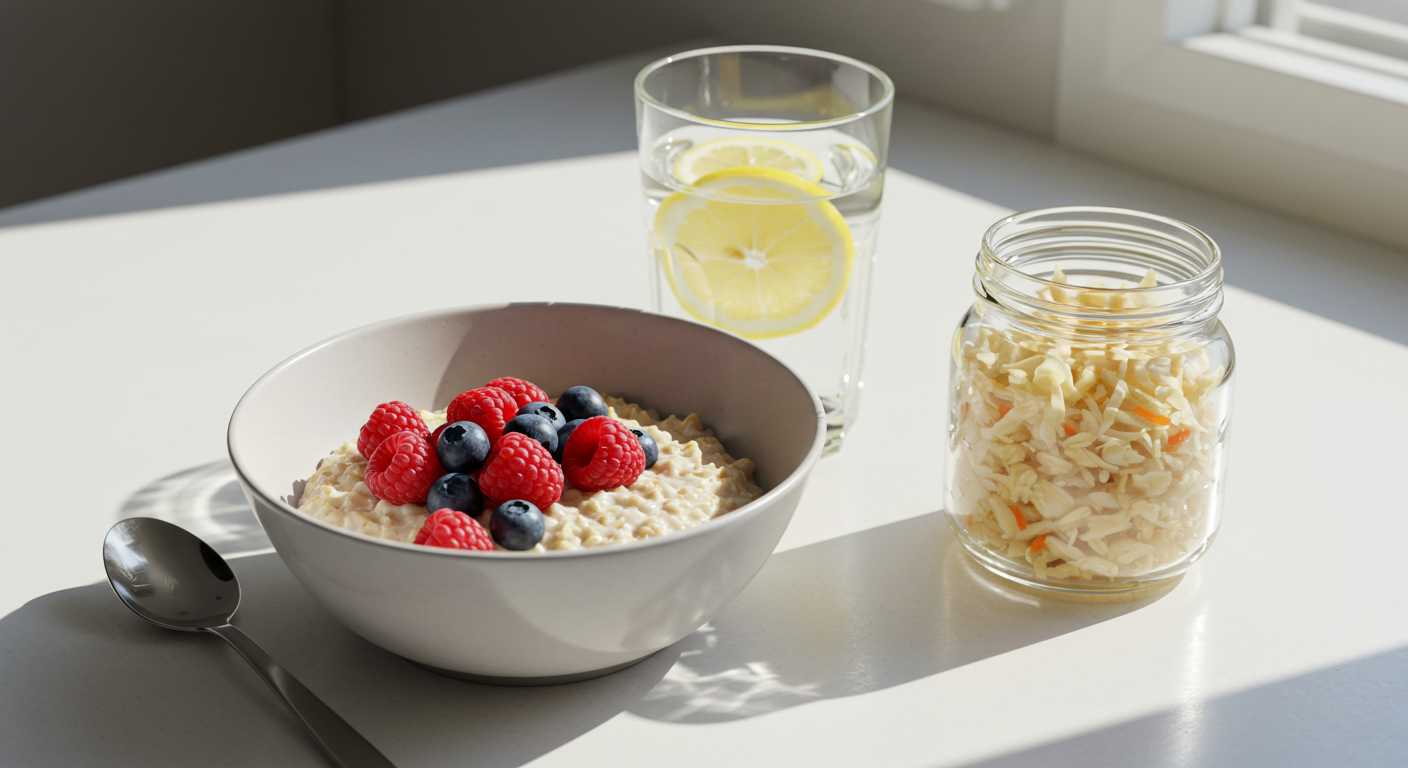
Try a gut-friendly kitchen upgrade
Sometimes it’s about the tools, too. A great way to prep gut-friendly meals quickly is with a high-quality vegetable chopper like the Multi-Purpose Chopper. It makes adding veggies to every meal so much easier — meaning more prebiotics and fiber without extra effort.
Be mindful of stress and sleep
Your gut and brain are deeply connected. Poor sleep and chronic stress can disrupt your gut microbiome. Create a calming nighttime routine, prioritize quality rest, and don’t underestimate the power of deep breathing exercises throughout your day.
Final tip: consider a guided approach
If you’re ready to take the next step and want a deeper understanding of what to eat for gut health, the Plant-Based Cookbook is a great resource. It’s full of simple, whole-food recipes designed with digestion in mind. And if you need targeted support, this guide can help you uncover what’s really behind your gut issues.


